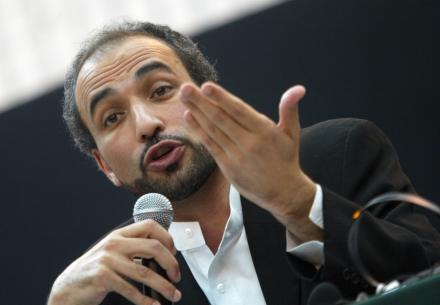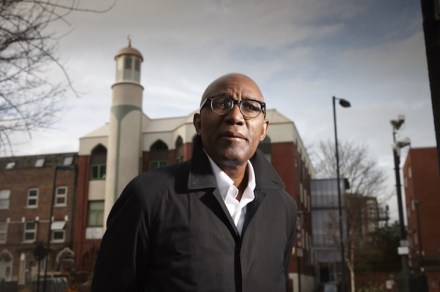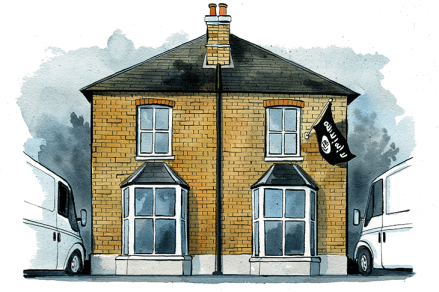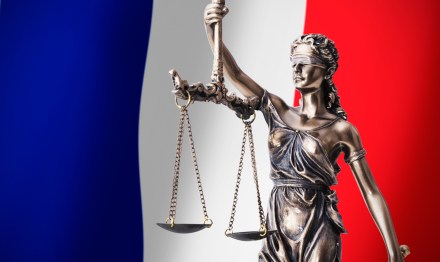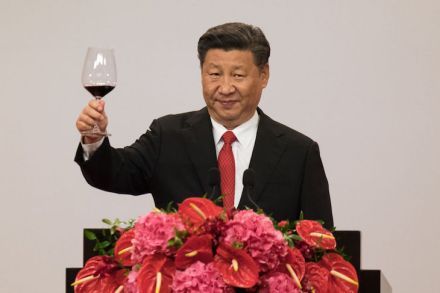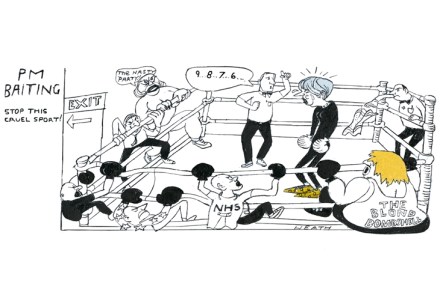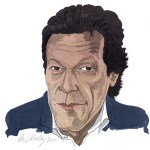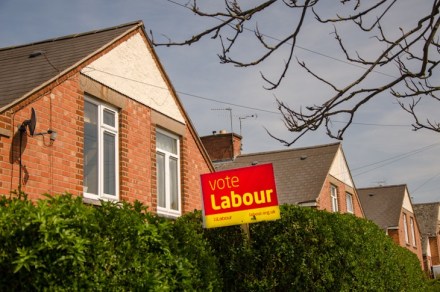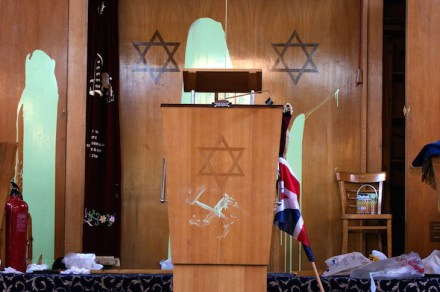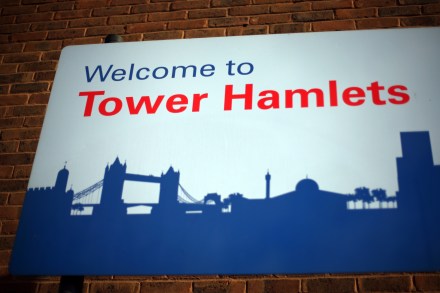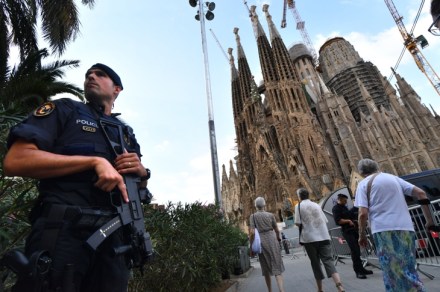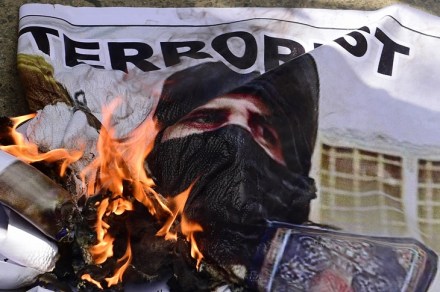The French left is tearing itself apart over Islam
Six months into his presidency, Emmanuel Macron looks untouchable. He has conquered the unions, and his political opponents are a shambles – none more so than the Socialists. Just how divided they are was demonstrated earlier this month when a vicious war of words erupted within the French left. The cause was Islam, an issue that has been agitating Socialists for decades. When the first Socialist president of the Fifth Republic, François Mitterrand, was elected in 1981, his government was initially a friend of Islam. As the eighties wore on though, some on the left became alarmed at the demands being made of the Republic: prayer rooms in factories and the right to pray
